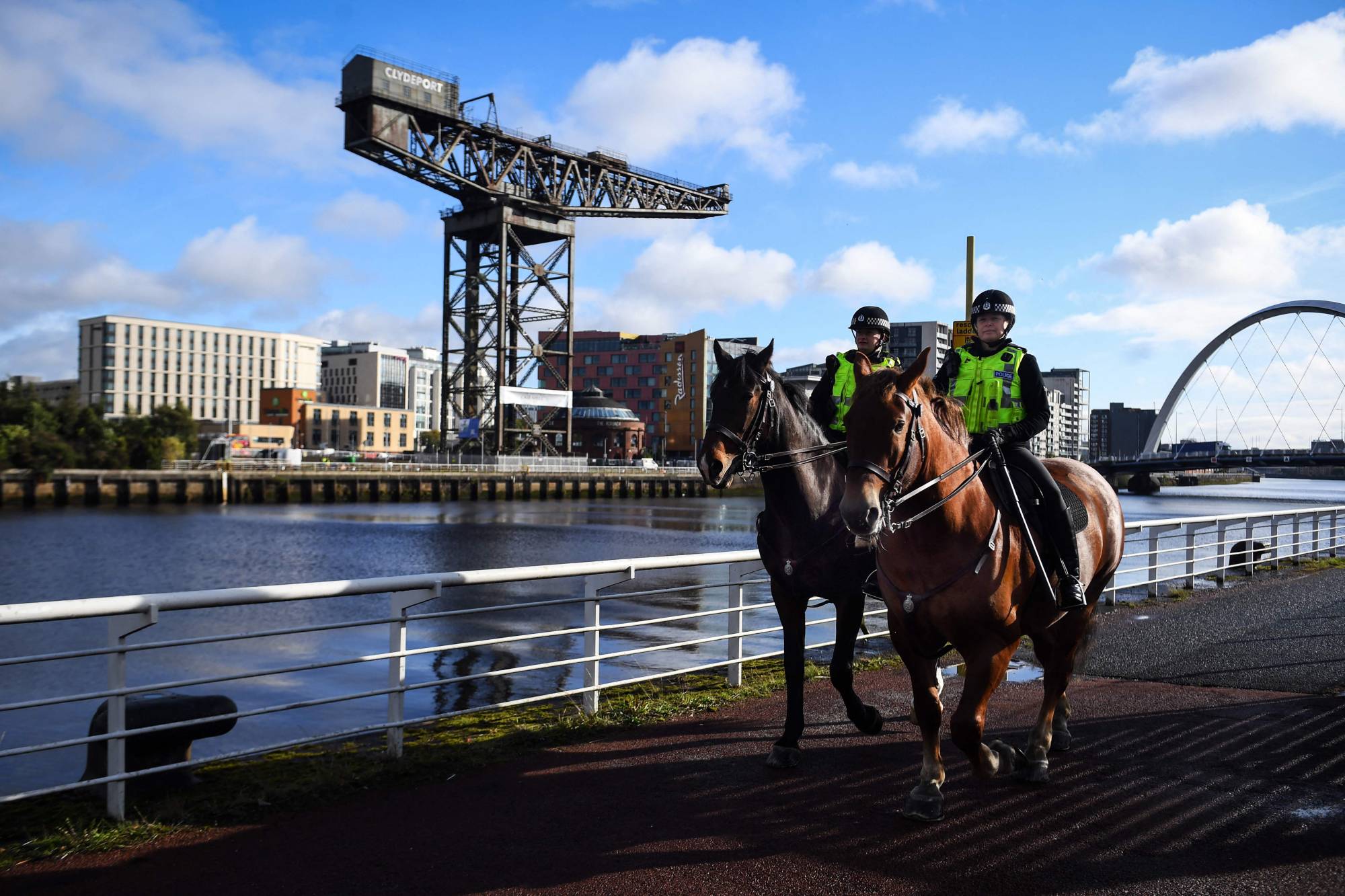Premiers, presidents, and princes come and go from the world’s biggest climate stage. It’s the nature of the annual international climate talks organized by the United Nations, known as the Conference of the Parties. The guest list changes with whichever parties are in power. Only someone like Jennifer Morgan, the head of Greenpeace International, gets to be a COP fixture — and in more than two decades she’s never seen the geopolitical backdrop change as dramatically as it has ahead of COP26 in Glasgow, Scotland.
The pandemic that’s overwhelming governments and upending assumptions about future investment has also heightened the rivalry between the U.S. and China. That can make climate diplomacy a lot harder, says Morgan, even if U.S. President Joe Biden has returned the world’s richest nation to the table and a series of devastating weather events has increased pressure on leaders across the globe.
There’s also the vast chasm of inequality between rich and poor countries. It’s been a persistent fault line in climate negotiations, now exacerbated by bitterness over the uneven distribution of lifesaving COVID-19 vaccines. Record debt levels, emptied treasuries, and even lingering divisions over Brexit could make progress difficult on two important issues: ending the use of coal and channeling climate aid from wealthier nations to the very same developing economies that depend on the cheapest, dirtiest fossil fuel.



















With your current subscription plan you can comment on stories. However, before writing your first comment, please create a display name in the Profile section of your subscriber account page.